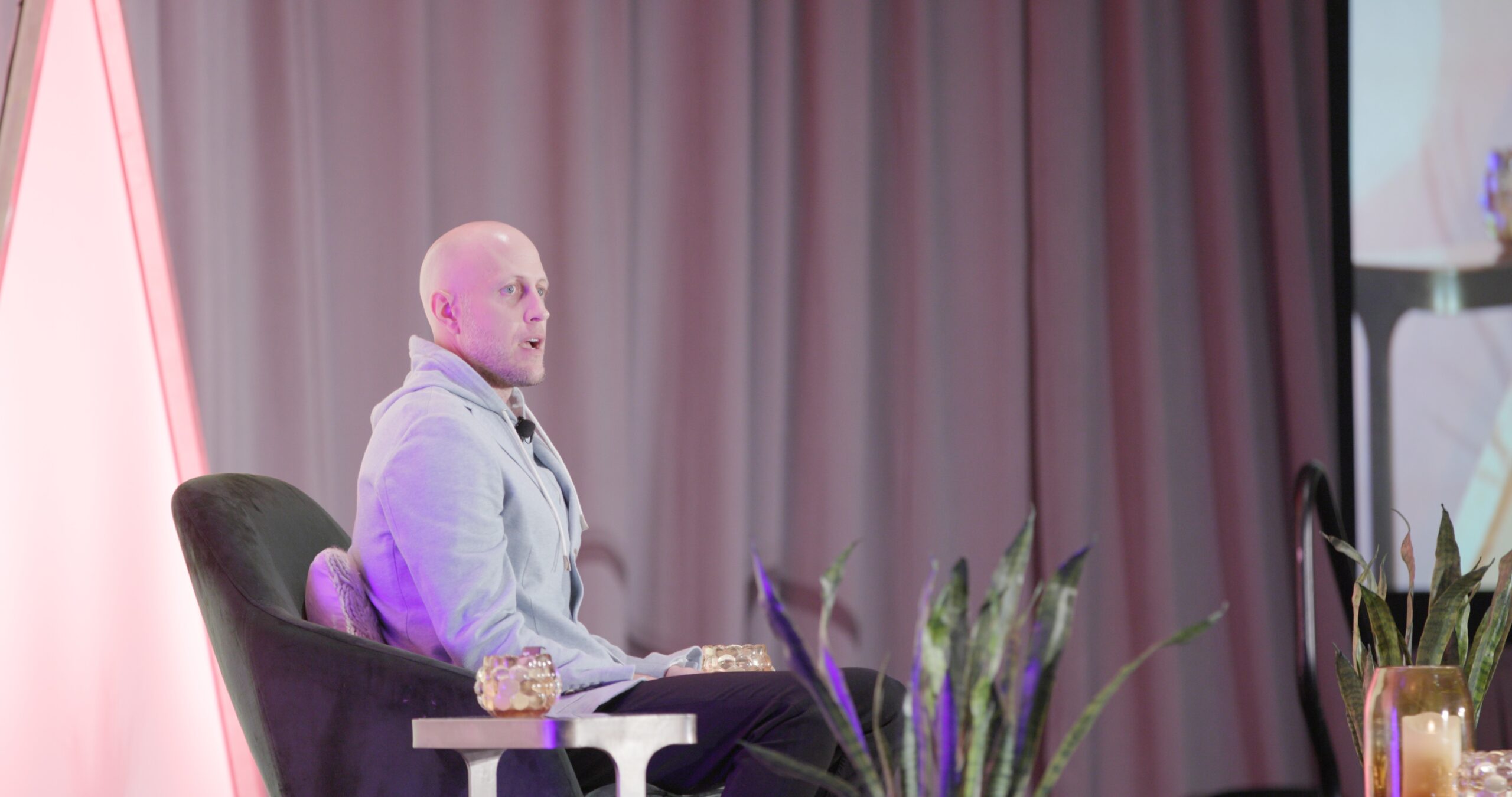Here’s one thing that’s rarely talked about as being a high-performance tool: forgiveness.
In two decades of studying peak performance, I’ve learned that the highest performers are also the ones who are hardest on themselves. They set towering goals, push their limits, and often achieve extraordinary results. However, there’s a fine line between holding yourself to incredibly high standards and succumbing to the crippling effects of self-imposed expectations.
Self-forgiveness is the bridge from the mistakes of the past to the present moment where we create our future.
The Weight of Unforgiveness
Carrying the weight of past mistakes can be a silent saboteur of high performance. Guilt and self-blame can erode self-confidence, stifle creativity, and sap the energy needed to be fully present and engaged. You’d probably be shocked if I listed off some of the high-profile people I’ve been around who have lacked confidence at times. When our minds are preoccupied with regret and self-criticism, we are less capable of accessing the flow state that is essential for peak performance.
Forgiveness, on the other hand, lightens this mental burden. It allows us to acknowledge our imperfections without being defined by them. This shift in perspective is crucial for maintaining mental clarity and emotional resilience, enabling us to stay present and perform at our best.
The Science Behind Forgiveness and Presence
Research in psychology and neuroscience supports the transformative power of forgiveness. Studies have shown that forgiveness reduces stress, lowers blood pressure, and promotes better mental health. When we forgive ourselves, we activate brain regions associated with empathy, compassion, and emotional regulation. This neural activity helps us to let go of negative emotions and fosters a state of inner peace.
This state of inner peace is integral to accessing presence. Presence, or being fully engaged in the current moment, is a cornerstone of high performance. It allows us to respond to challenges with agility, connect deeply with others, and tap into our creative potential. By practicing self-forgiveness, we create the mental space needed to be present and tap into flow state (or being in the zone).
Practical Steps to Cultivate Self-Forgiveness
- Awareness of the Mistake: The first step in self-forgiveness is to recognize and accept what went wrong. This involves taking responsibility without falling into the trap of blame.
- Understand the Impact: Reflect on how the mistake has affected you and others. This understanding can foster empathy and compassion, both towards yourself and those who may have been impacted.
- Learn from the Experience: Mistakes are valuable learning opportunities. What can be done differently next time?
- Release the Guilt: Actively work on letting go of guilt and self-blame. This might involve journaling, meditative practices, or speaking with a trusted friend or coach. A letter of forgiveness to yourself I’ve found to be cathartic and transformative.
- Practice Compassion: Treat yourself with the same kindness and understanding you would offer to a friend. Remind yourself that everyone makes mistakes and that they are a natural part of the growth process.
- Stay Present: Use mindfulness techniques to anchor yourself in the present moment. This could include deep breathing exercises, mindful movement, or focusing on sensory experiences like the 5-4-3-2-1 technique.
The Ripple Effect of Forgiveness
Forgiveness not only benefits the individual but also has a profound impact on the surrounding environment. Leaders who practice self-forgiveness model resilience and emotional intelligence, creating a culture of psychological safety within their teams. This culture encourages open communication, risk-taking, and innovation, all of which are essential for sustained high performance.
By integrating forgiveness into our high-performance toolkit, we unlock the potential to access presence more readily. This presence empowers us to navigate challenges with grace, build deeper connections, and ultimately, achieve our highest aspirations.
Forgiveness is not just a moral virtue; it is a strategic advantage in the pursuit of excellence. By bridging the gap between past mistakes and the present moment, self-forgiveness paves the way for a future defined by resilience, creativity, and peak performance.






